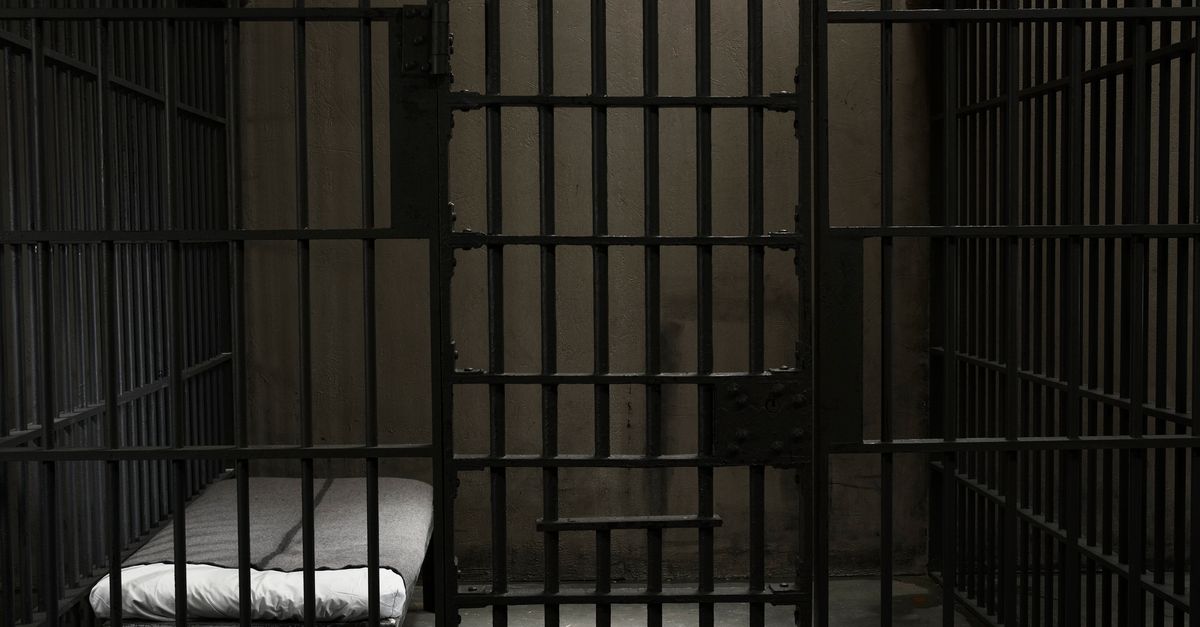Key takeaways:
- The End Solitary Confinement Act seeks to limit the use of solitary confinement with several exceptions.
- The bill would also ensure incarcerated people access to at least 14 hours of daily time out of their cells.
- The End Solitary Confinement Act is currently under consideration in the House of Representatives.
A coalition of House Democrats introduced the End Solitary Confinement Act on Thursday, a bill that would broadly ban the use of solitary confinement in federal prisons, jails and detention centers. The act would limit the use of solitary confinement with several exceptions, including at night to sleep (for a maximum of eight hours a day), for medical quarantine (with access to phone, email and facility programs), and to deescalate an emergency situation (for a maximum of four hours a day and 12 hours a week).
The bill would also ensure incarcerated people access to at least 14 hours of daily time out of their cells, including access to seven hours of programming meant to address topics such as mental health, substance abuse and violence prevention.
According to a report by Solitary Watch, at least 122,840 people are locked in solitary confinement in U.S. prisons and jails for 22 or more hours a day. The End Solitary Confinement Act seeks to reduce this number by codifying into law the limitations on when and how long someone can be left isolated in a cell.
The bill has been endorsed by a number of organizations, including the American Civil Liberties Union, the NAACP and the National Alliance on Mental Illness. Supporters of the bill argue that solitary confinement is inhumane and can have long-term psychological effects on those who are subjected to it.
The End Solitary Confinement Act is currently under consideration in the House of Representatives. If passed, it would be the first federal law to limit the use of solitary confinement in federal prisons, jails and detention centers.



Be First to Comment